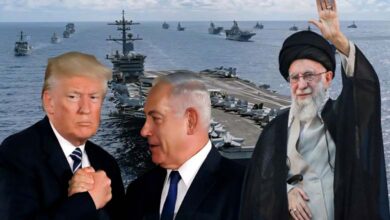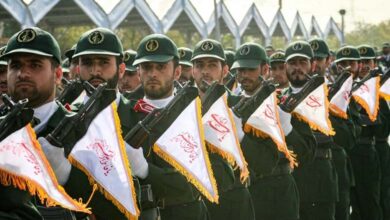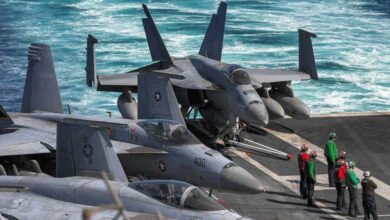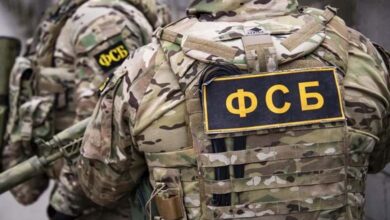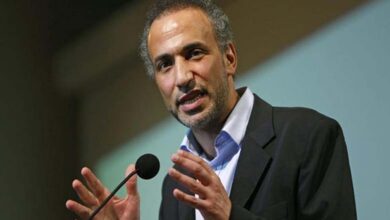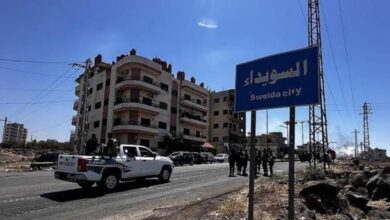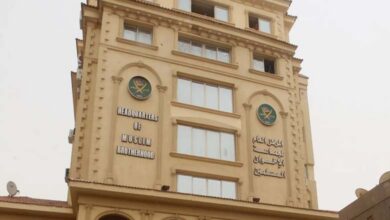Drugs in the stronghold of Hezbollah.. Iranian militia exploits Lebanese to prevent the army from reaching it

The Lebanese militia Hezbollah and Iran’s right-hand arm in Lebanon continue to manufacture and spread drugs, not just for profit, but to destroy the human potential of the targeted countries.
Beginning
The cultivation of cannabis during the civil war in Lebanon (1975-1990) was a flourishing industry that generates millions of dollars. After the war, the authorities sought to eliminate it, but all attempts failed because of the involvement of political forces in the trade, foremost of which is the Hezbollah militia. The authorities issued 52 arrest warrants, most of which are related to it in this file.
After the war in Syria in 2011 and the spread of Hezbollah’s militia on its territory, the door opened wider to the chaos of drug cultivation and manufacture there, including the high-risk Captagon, so that barely weeks passed without the announcement of massive drug shipments from Syria or Lebanon to Saudi Arabia, Egypt, Greece, Italy, and elsewhere.
Captagon pills are active in several areas of Lebanon, most notably in the eastern Bekaa Valley and in the north of the country. Captagon pills are manufactured in Syria and Iraq and are exported specifically to Saudi Arabia, according to a report by the French Drug Observatory.
Hezbollah protects its trade
Through the popular video site YouTube, Lebanese citizens are circulating a video of the army preventing it from arresting drug dealers.
Hezbollah is mobilizing people to protect its trade and to prevent the Lebanese army from reaching it.
This came in the wake of death trails in which Hezbollah continues to have suspicions and coordinates on the ground that it is falling into drug networks.
In Baalbek, a city under Hezbollah’s security control, a neighborhood has been witnessing confrontations since the morning hours between the Lebanese army and drug trafficking gangs.
One soldier was killed and five others were wounded during a raid in al-Sharawneh, the army said.
The gangs used rocket-propelled grenades and medium weapons in the confrontations, prompting the army to bring in more military reinforcements, backed by helicopters, while surrounding a group of wanted men.
Five wounded soldiers were transferred to Dar al-Amal University Hospital in Baalbek after they were hit by a rocket during the clashes. Two of the wounded soldiers are in critical condition, while the wanted men were also wounded.
Abu Sala
The army is completing its operation in the meantime, amidst information that a leading drug dealer in Lebanon, known as Abu Sala, and his group are being surrounded in a house in the neighborhood.
According to available information, a number of wanted individuals managed to escape from the Al-Sharawneh neighborhood, and they are likely to head to the Al-Kanisah area, where the wanted individuals seek refuge in its outskirts to escape the pursuit of the army.
Drug mafia
The church area is under the protection of Hezbollah and Amal, which prevents the army from carrying out its duties there.
According to media reports, Baalbek and surrounding areas are under Hezbollah’s full security control, and some neighborhoods, such as al-Sharawna, are a hotbed for drug dealers and distributors, as well as fugitives and criminals.
The neighborhood is reportedly heavily fortified by militias in the name of tribes in the area and difficult for security forces to penetrate.
This is not the first time the army has suffered casualties during attempts to storm or arrest wanted individuals.
Al-Sharawna is often the scene of violent clashes between the gangs themselves, using heavy weapons and medium-range rockets.


